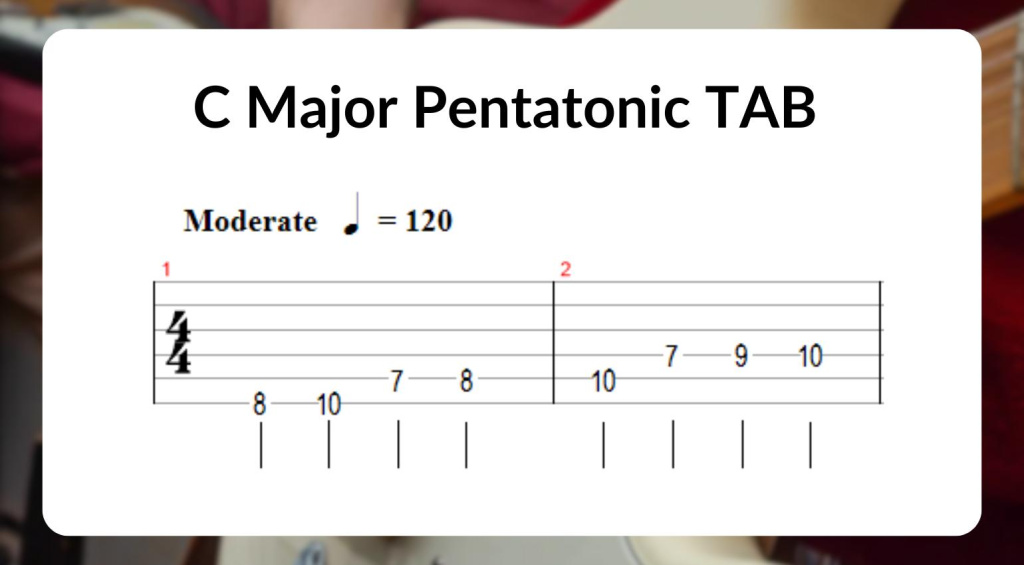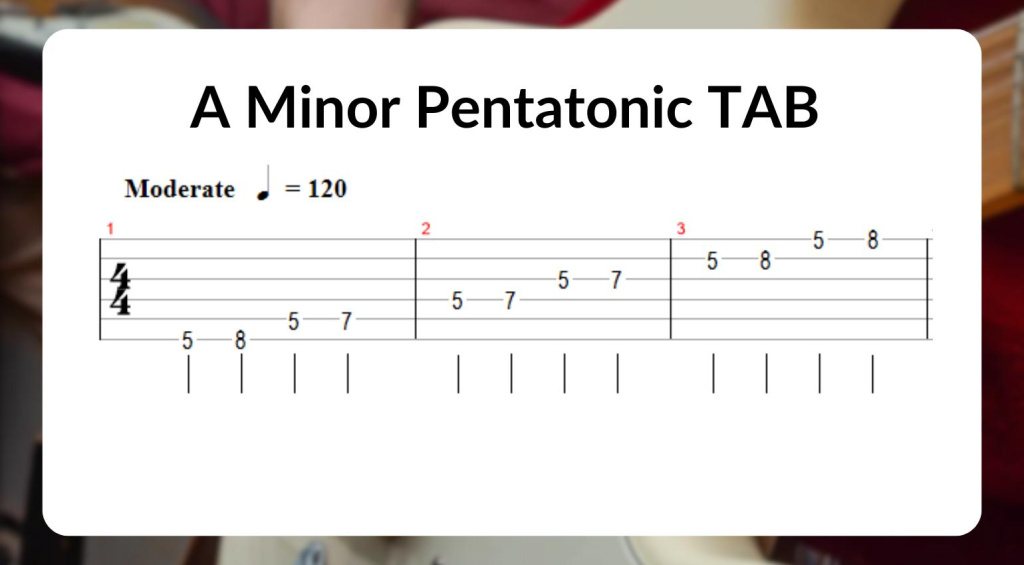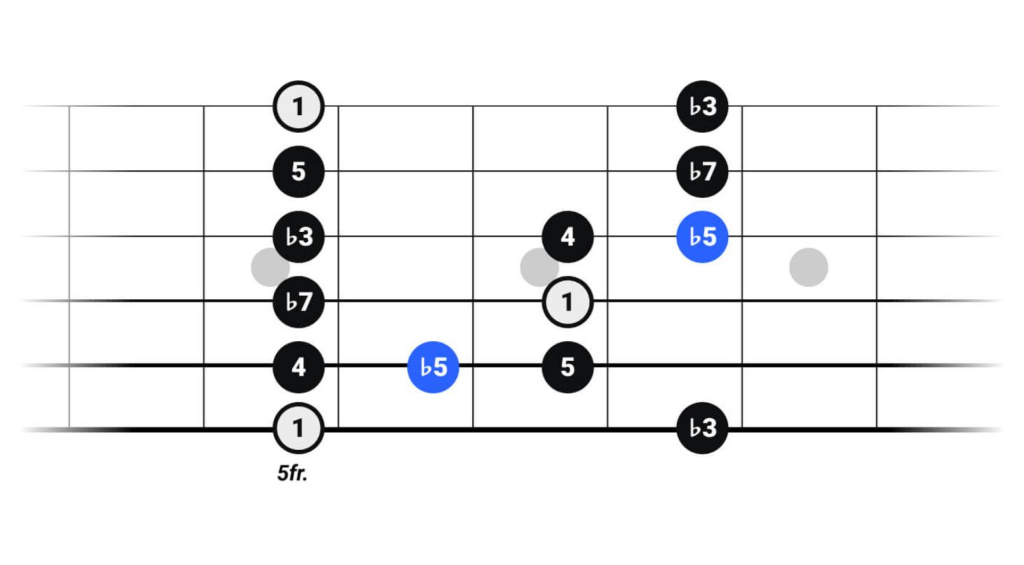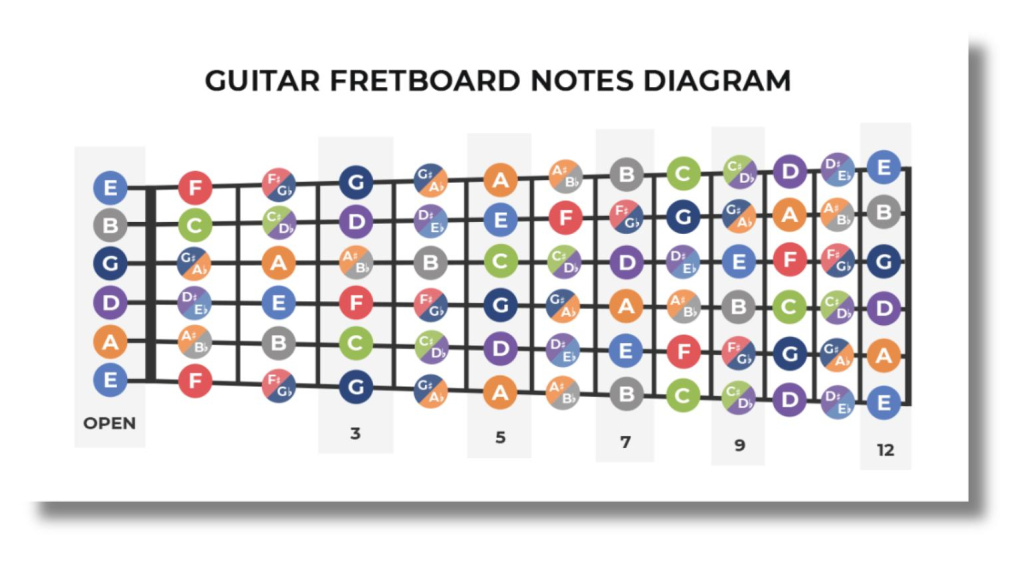Why Are Scales Important on Guitar? Secrets You Should Know
Scales don't have to be boring!
Why are scales important on guitar? We don’t like learning them, but they sure are good to know! Let’s take a closer look.
Guitar Scales
Why Are Scales Important on Guitar?
Guitar scales are one of those things that, at some point, every player has despised. As a beginner, we’re made to assume that they’re boring, tricky and prestigious.
However, in reality, they’re not as glamorous as others make out. Despite this, they are extremely useful and open up many doors as a player. Naturally, there are different levels of scales. Here though, we’ll be looking at a few entry-level examples and the benefits they bring to the table.
Major and Minor Pentatonic
Firstly, let’s check in with the good old pentatonic scale. Typically, the pentatonic scale has just 5 notes between octaves, rather than the 7 note major and minor scales. More on that later.
As a beginner, learning these basic scales acts as both a theory and a technical exercise. You could work on your alternate picking whilst also learning a new scale. The TAB below depicts the C Major pentatonic scale, starting from the 8th fret of the E string.

A real benefit of starting in C major is that this key has no sharps or flats, making it easier to remember the notes.
Moreover, we also have minor pentatonic shapes. Think of major as sounding happy, and minor as sounding sad. The TAB below shows the A Minor pentatonic scale, which is arguably one of the most used shapes out there!

Getting a good understanding of these shapes is good for your own understanding of musical theory, in addition to gaining some extra playing experience. The best part? These shapes can be played anywhere across the neck! But more of that later…
Blues Scale
Okay, now that we’ve looked at the pentatonics, let’s try something a bit more musical. The blues scale is where emotion starts to come in. Similarly, we’re in A minor here. This looks a lot like the Am pentatonic, however we’ve got a few more notes to play with.
If we refer to the diagram below, we’ve got what we call blue notes. These are out of key notes which give the blues scale its distinctive sound. Each of these flattened 5ths (b5) requires a resolve.

This idea of a resolve is what we call a cadence, the process of one note proceeding another. We can have perfect cadences, which sound finished, along with imperfect cadences that do not sound as complete.
Overall, the blues scale allows us to build on our technical skills and adds some extra flavour, thanks to the blue notes, into our practice schedule.
Dexterity and Strength
One thing that is often overlooked when learning the guitar, is that from day one you may not have a lot of dexterity or strength when learning. This is where our scales come in.
I highly recommend and advise slowly working through easy exercises like these to get used to playing on the fretboard. Initially, fretting just a single note can feel difficult and stressful. Therefore, the more experience you get fretting notes, the easier they will become.
Neck Navigation
Now, remember when I said that one size fits all? Well, this is a real tip that you can use! Let’s take the blues scale, and let’s say we want to learn it in other keys. There are 12 keys to choose from, where do you start?
Every scale you encounter starts on a root note, which is the first note of that key. If we want to play the C# blues scale, we’d want to take the same shape that we had in A, and move that root note from the 5th fret of the low E string all the way to the 9th fret of the same string.
By doing this, it allows us to play multiple different scales in various keys, whilst only needing to remember one shape. How cool is that?

By doing this, it allows us to play multiple different scales in various keys, whilst only needing to remember one shape. How cool is that? Mind, blown.
Improvisation Benefits
Why do we bother with all this? There’s no point in learning all of these shapes if we can’t use them. As a guitarist, the main benefit to learning scales is to improvise.
Guitar improvisation is where we take notes within a scale, and mix them up along with various guitar techniques. Improvisation gives players the freedom to express their musical identity.
The best way to do this is by experimenting. Look at YouTube for a backing track in your chosen key, and work around the blues scale, seeing what notes you like the sound of and where. It’s almost fool proof!
Why Are Scales Important on Guitar?
If you’re familiar with all of this, then you’ll know that none of this is top-secret information. However, if you’re at the start of your playing career, take these tips and use them to make you a better player!
Videos:
Further Information:
One response to “Why Are Scales Important on Guitar? Secrets You Should Know”
 4,6 / 5,0 |
4,6 / 5,0 | 







Good advice